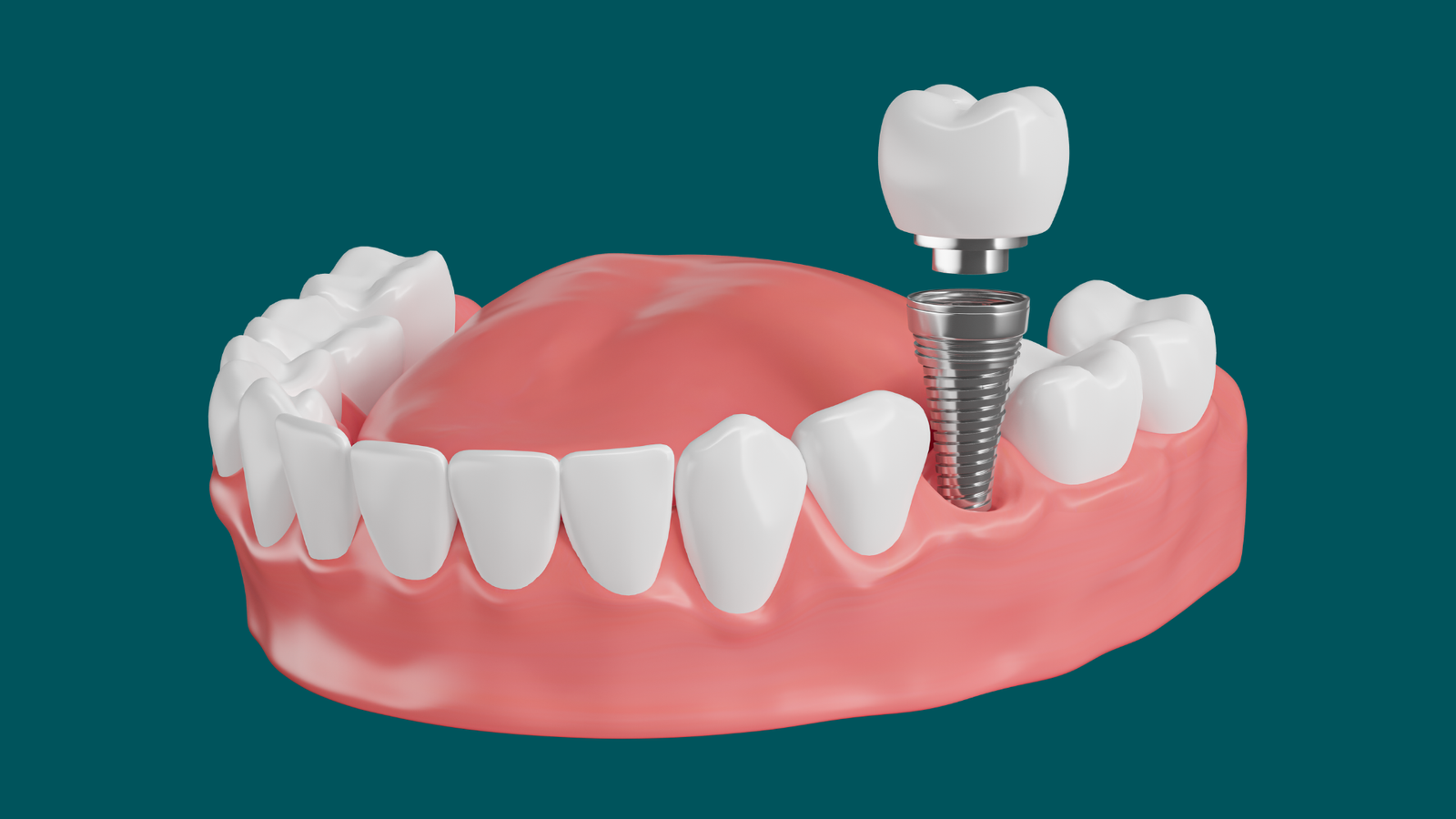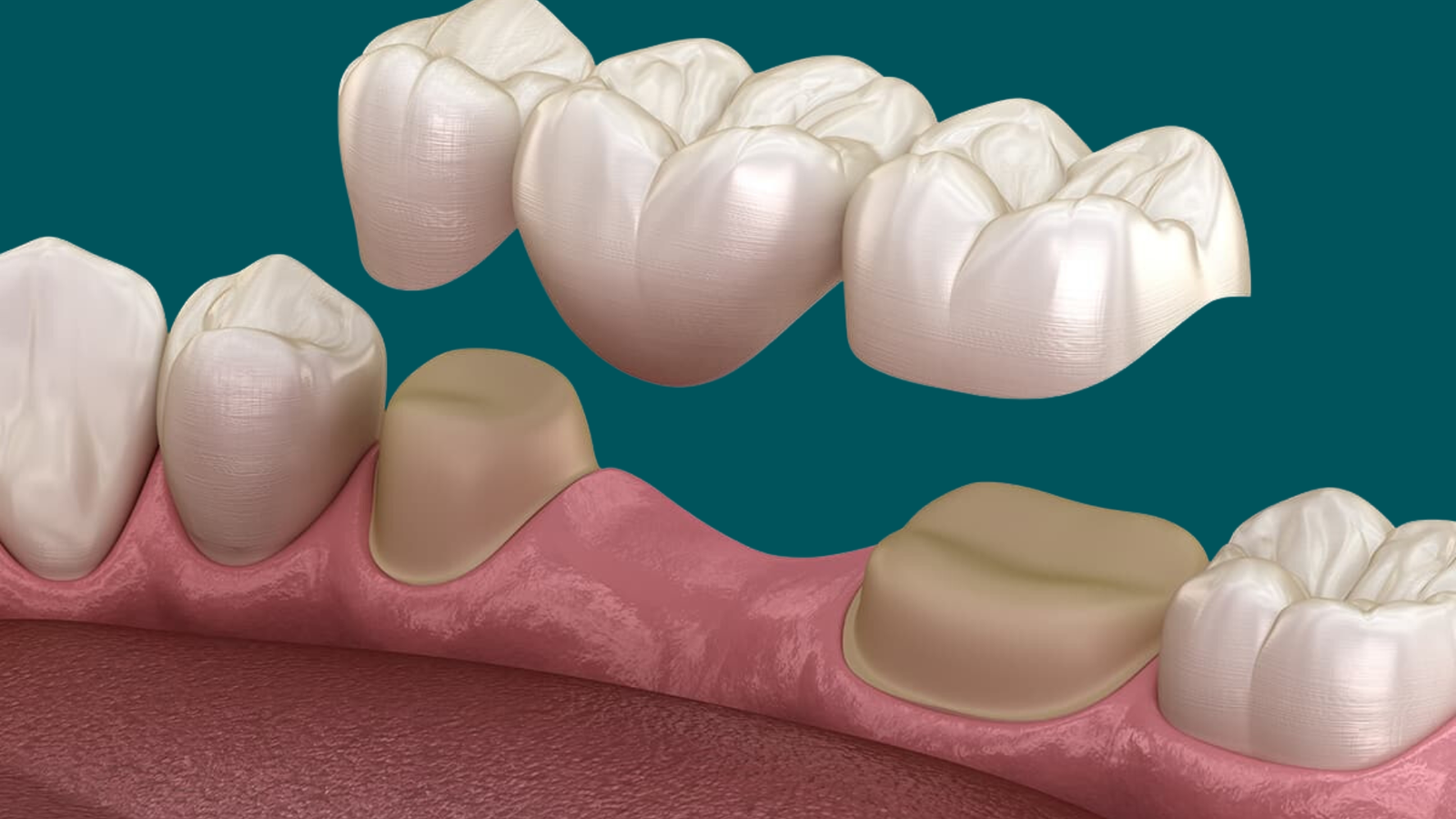Dentures
Seamlessly replace multiple or all teeth.
Explore more below.
Restores Multiple Missing Teeth
Restores Function.
Enhanced Aesthetics.
In a glance.
Consider Dentures When
- You're missing multiple teeth and seeking a complete smile restoration.
- Significant bone loss makes you unsuitable for dental implants.
- Systemic health issues preclude dental implant surgery.
Consider Other Options If
- You prefer a more permanent, fixed solution without daily removal.
- You have sufficient jawbone density favoring implants for enhanced stability.
- You seek options that prevent further bone loss and mimic natural teeth.
The Benefits
- Improved quality of life.
- Improved chewing.
- Improved speech.
- Improved appearance.
- Improved nutrition.
The Drawbacks
- Traditional dentures may shift or slip, affecting speech and chewing.
- Tooth loss can cause jawbone shrinkage, potentially leading to facial changes.
Learn the process.
1. Initial Assessment
Assessing your suitability for a denture.
2. Preliminary Impression
Impressions of both jaws to capture overall details.
3. Custom Tray
A custom tray, designed by the lab for your case.
4. Final Impression
Custom tray is used to accurately capture molds of your upper and lower jaws.
5. Dental Model
Impressions return to lab, where a model of your mouth is fabricated.
6. Dental Base Fabrication & Fitting
A base is crafted and then trial-fitted to ensure a perfect match with your mouth.
7. Denture Customization
Artificial teeth are placed into your denture base.
8. Final Touches
The completed denture is polished for a natural finish.
9. Final Fitting
Dentures are precisely adjusted in your mouth.
Learn More
Discover your options.
When selecting dentures, we consider: how many teeth are missing, how long you've been without them, your choice between removable or fixed options, your jawbone's condition, the alignment of your jaws, and your preferences.
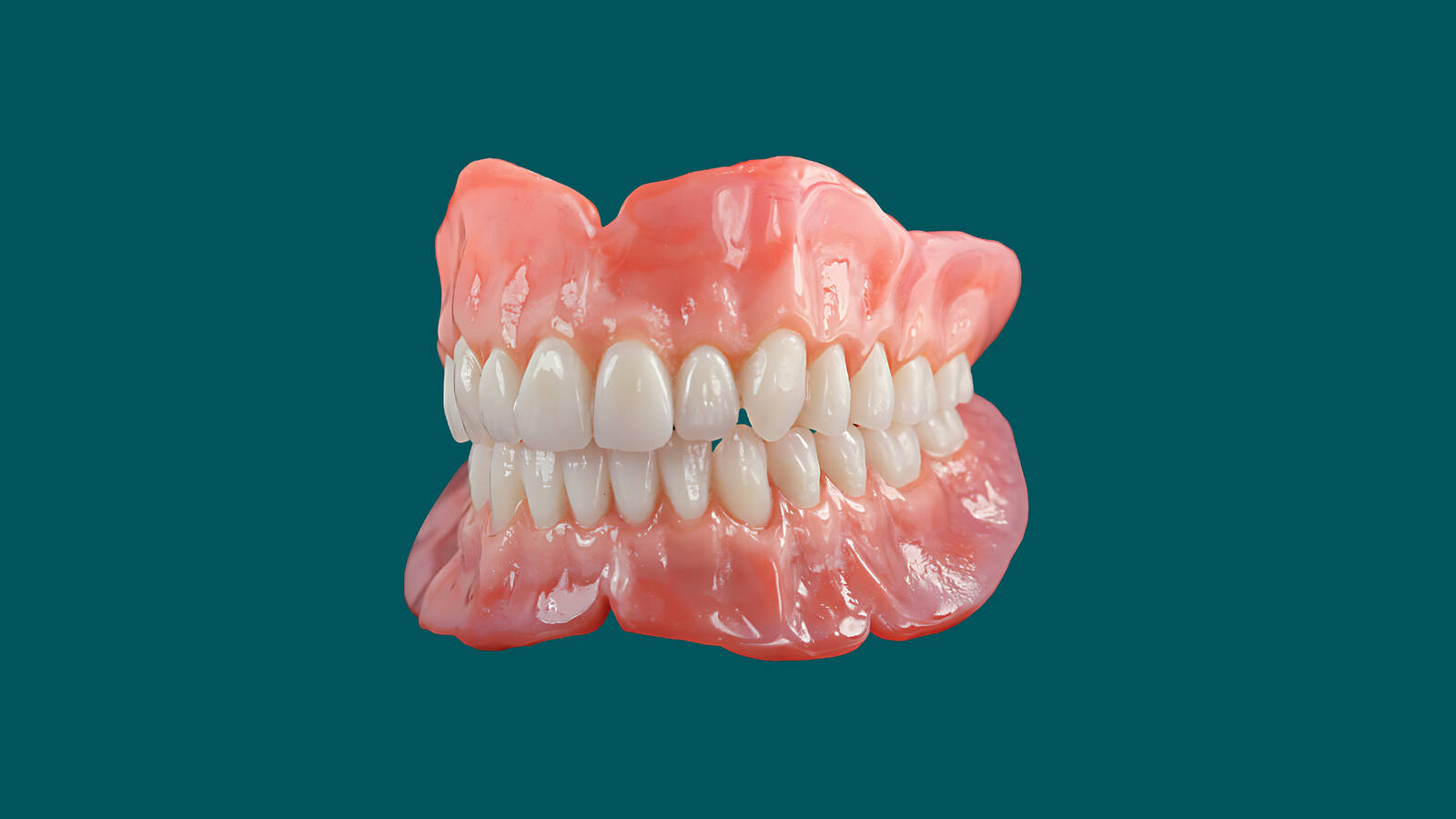
Full Dentures
Replace an entire arch of teeth, sitting directly on the gums and possibly using adhesive for extra stability.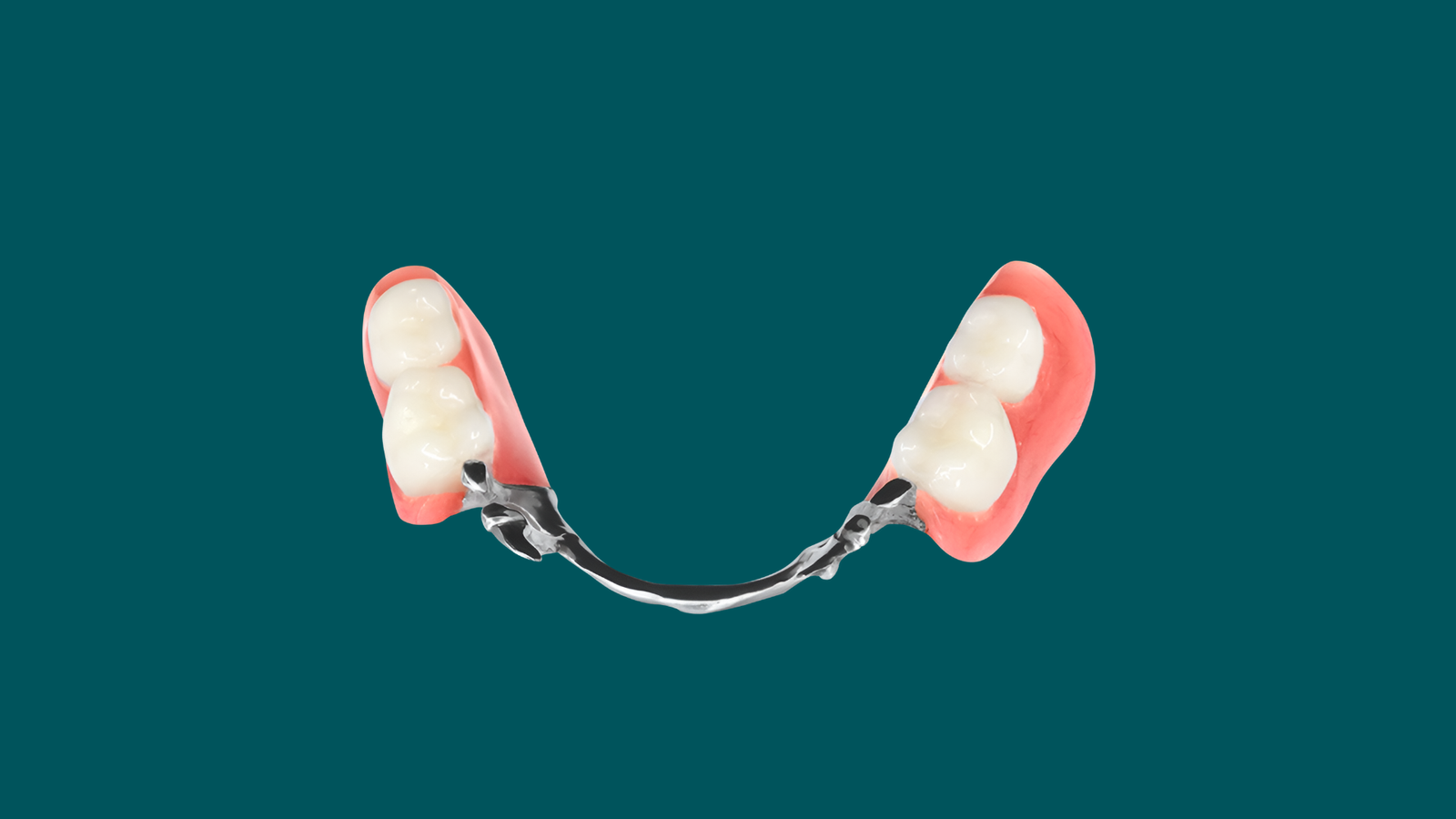
Partial Dentures
Ideal for several missing teeth, using clasps for extra support from remaining teeth.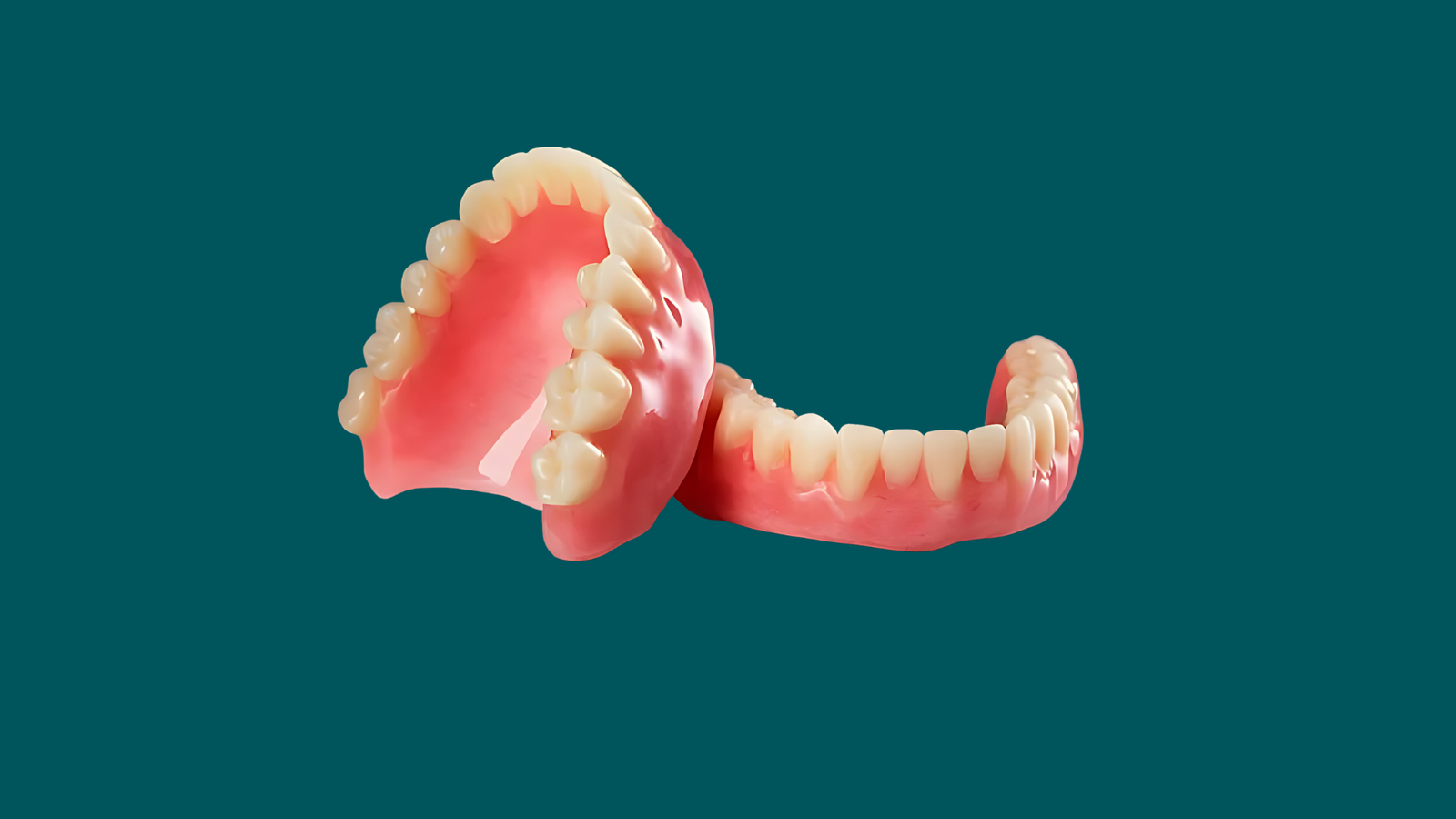
Immediate Dentures
Worn right after tooth extractions, they can be temporary or sometimes permanent, depending on healing.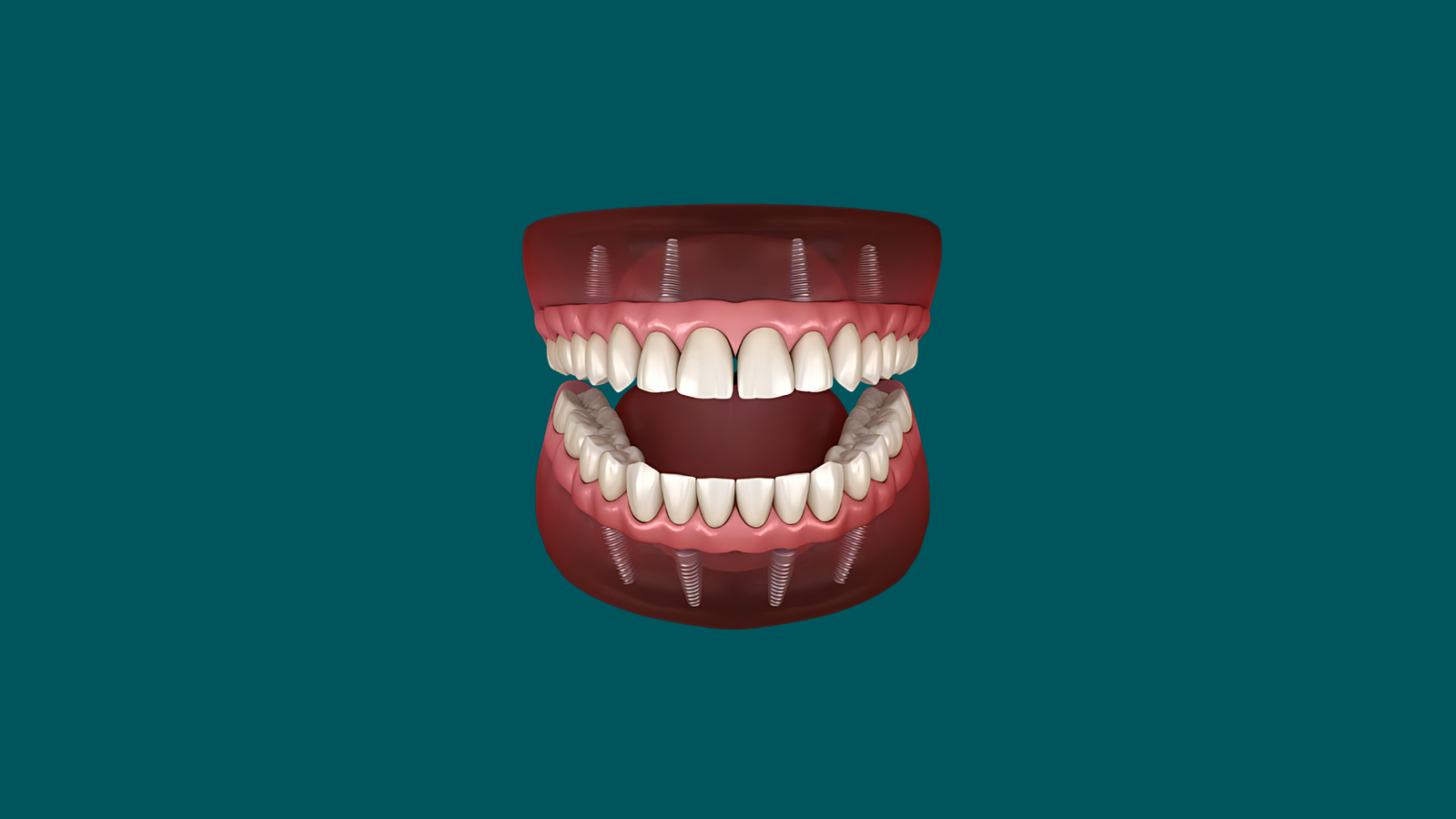
Implant Supported Dentures
Fixed to implants, they offer a permanent solution that requires diligent cleaning.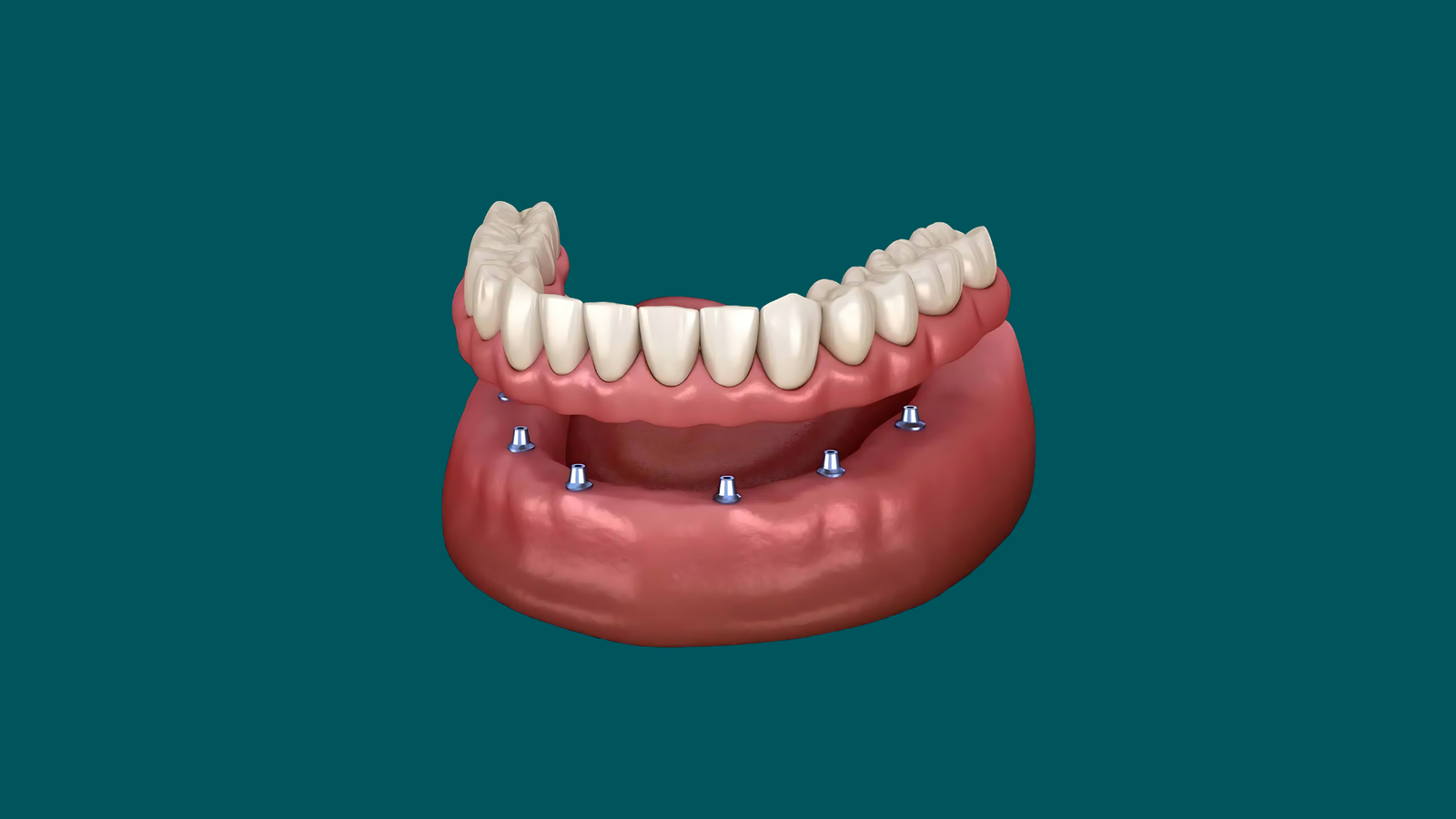
Implant Retained Dentures
Attach to dental implants for added stability without the need for adhesives.A message from Mirage Dental Clinic.
Steps and care
Guiding you through.
Before Denture
After denture
Denture maintenance
Tissue maintenance
Things to avoid
Frequently asked.
A denture fitting includes placing the dentures to check for fit and making adjustments where necessary. It might take a few visits to get everything just right, as your mouth adapts to the new dentures.
Everyone's experience varies. It might take weeks to months to feel comfortable with your new dentures. Expect some adjustments early on to ensure a snug fit.
For most, removing dentures at night is preferred for comfort and to let the mouth rest. Keeping dentures out for about eight hours nightly helps give your gums a break, lowers the risk of oral bacteria, and supports jawbone health.
On average, dentures serve well for 7 to 10 years. To maintain a perfect fit, consider having your dentures relined every one to two years, especially if you notice any fit changes.
Speak with our dentists.
Alternative Options.
Discover choices beyond dentures.
